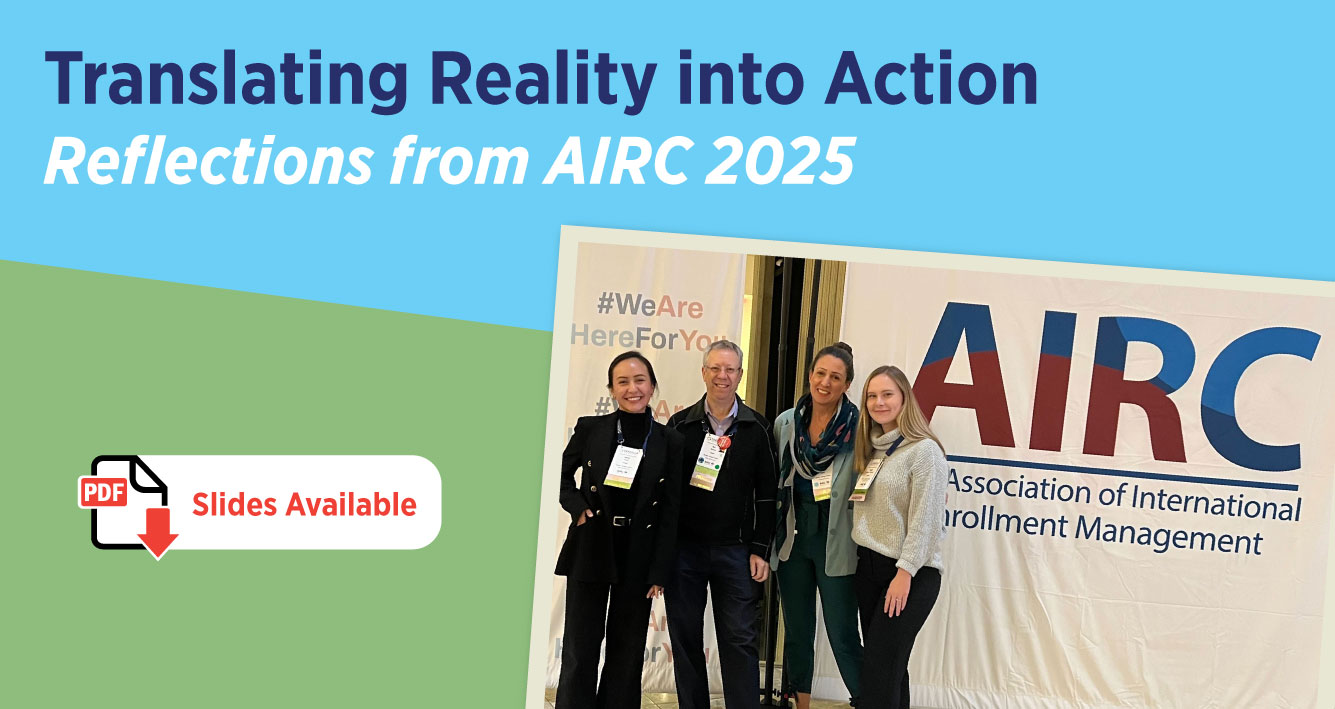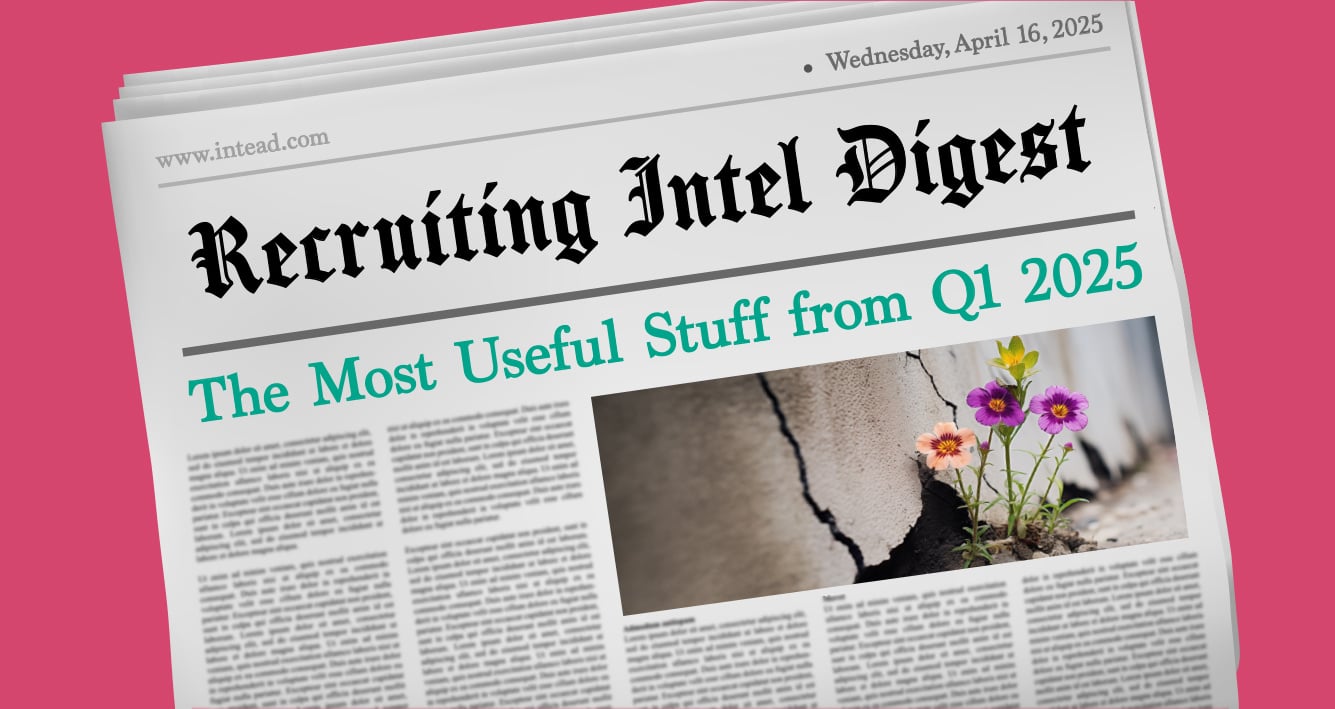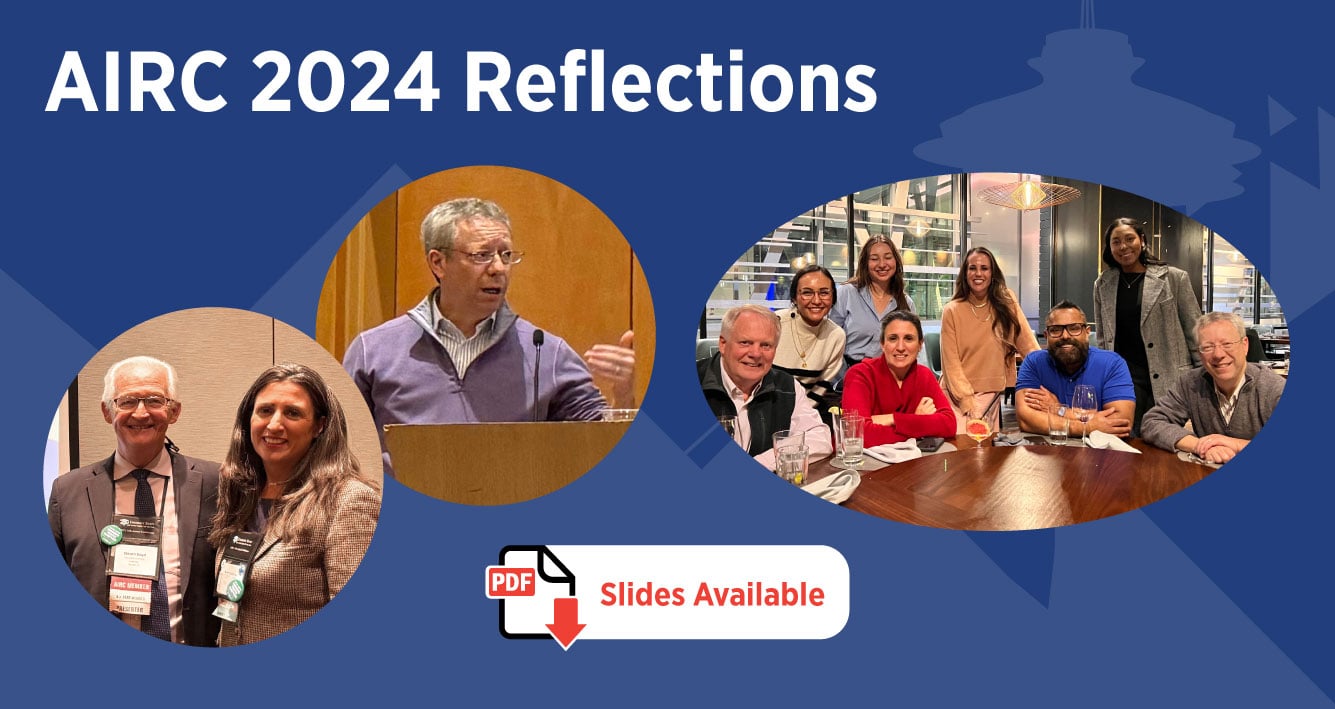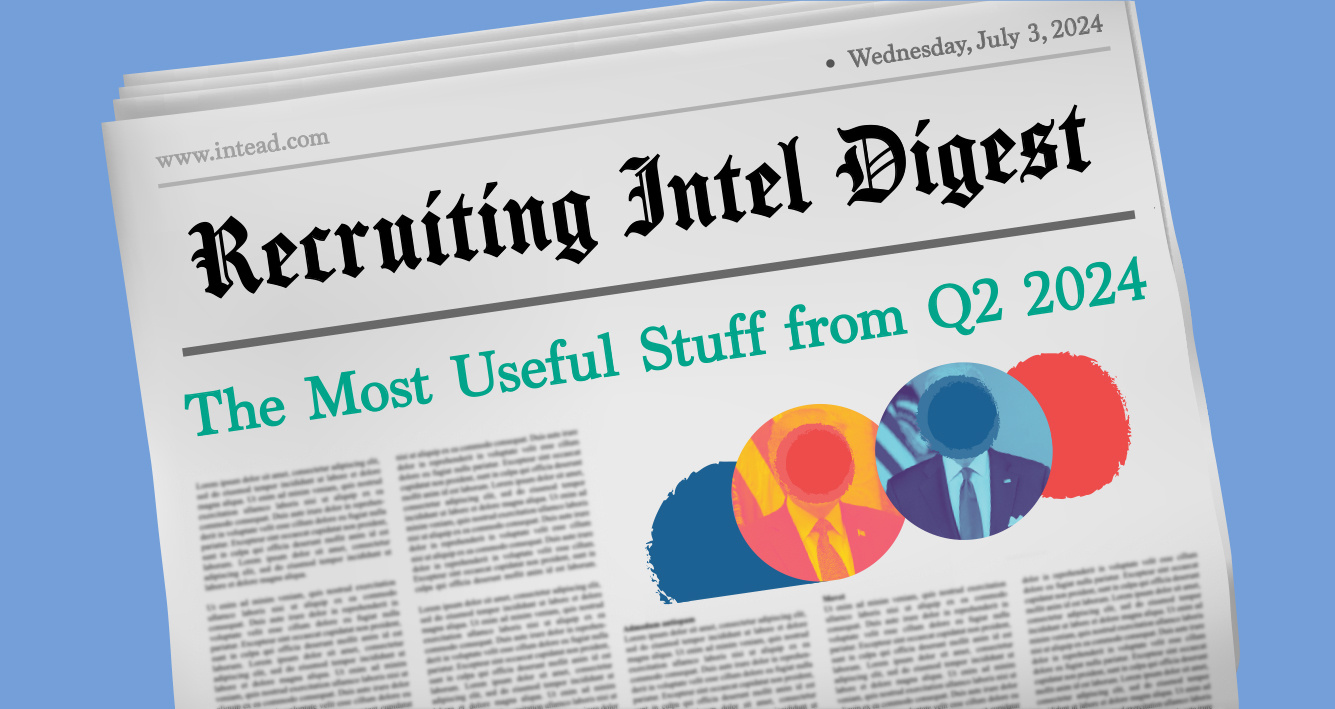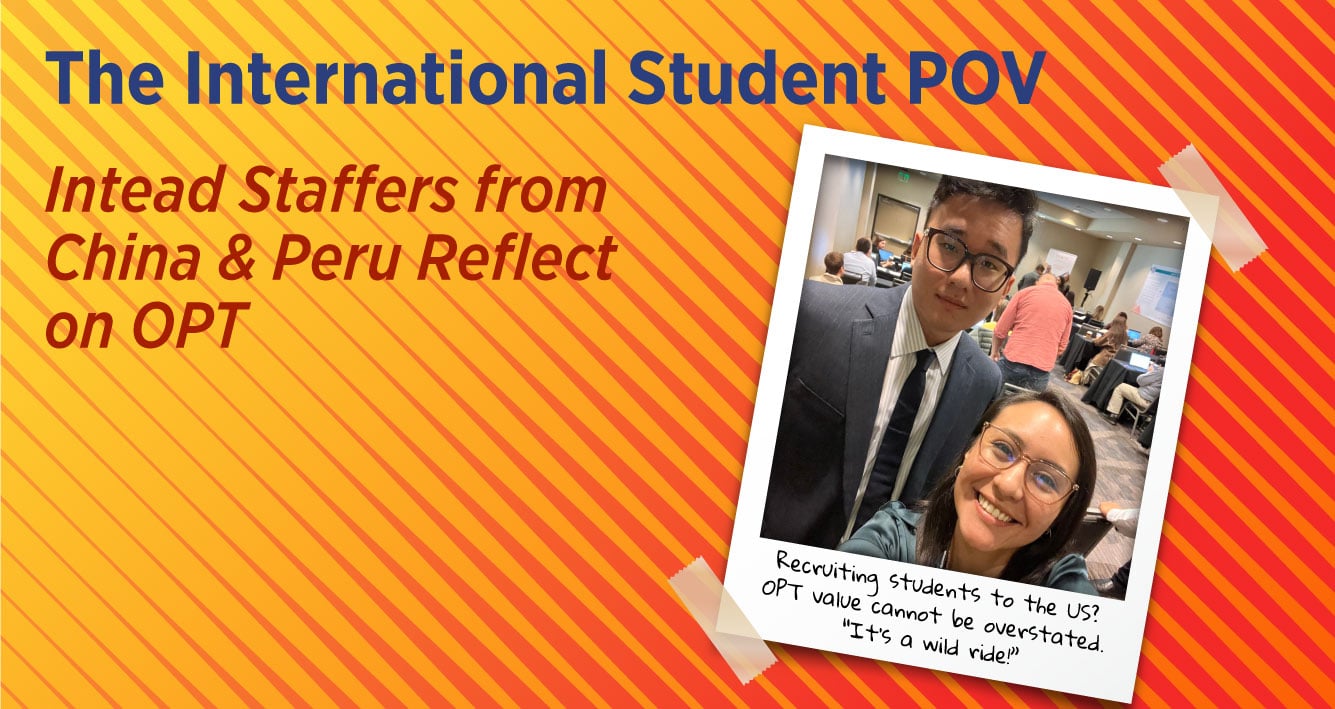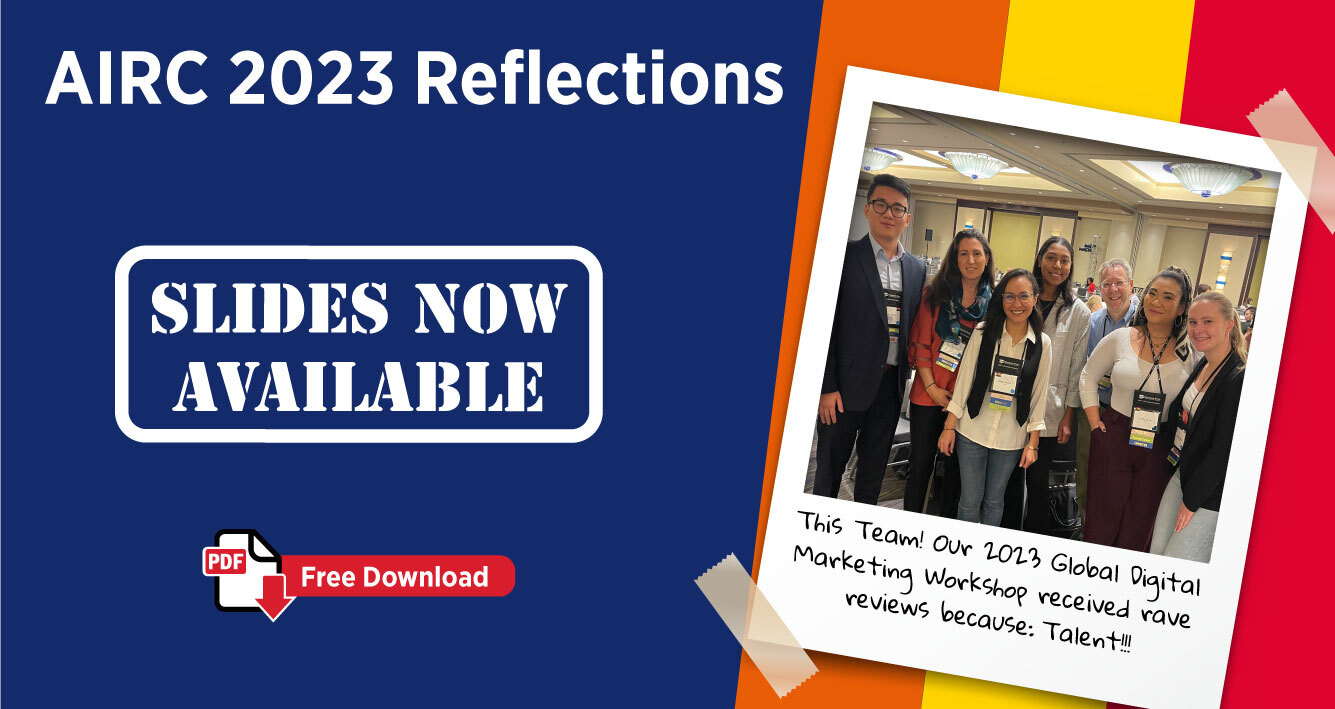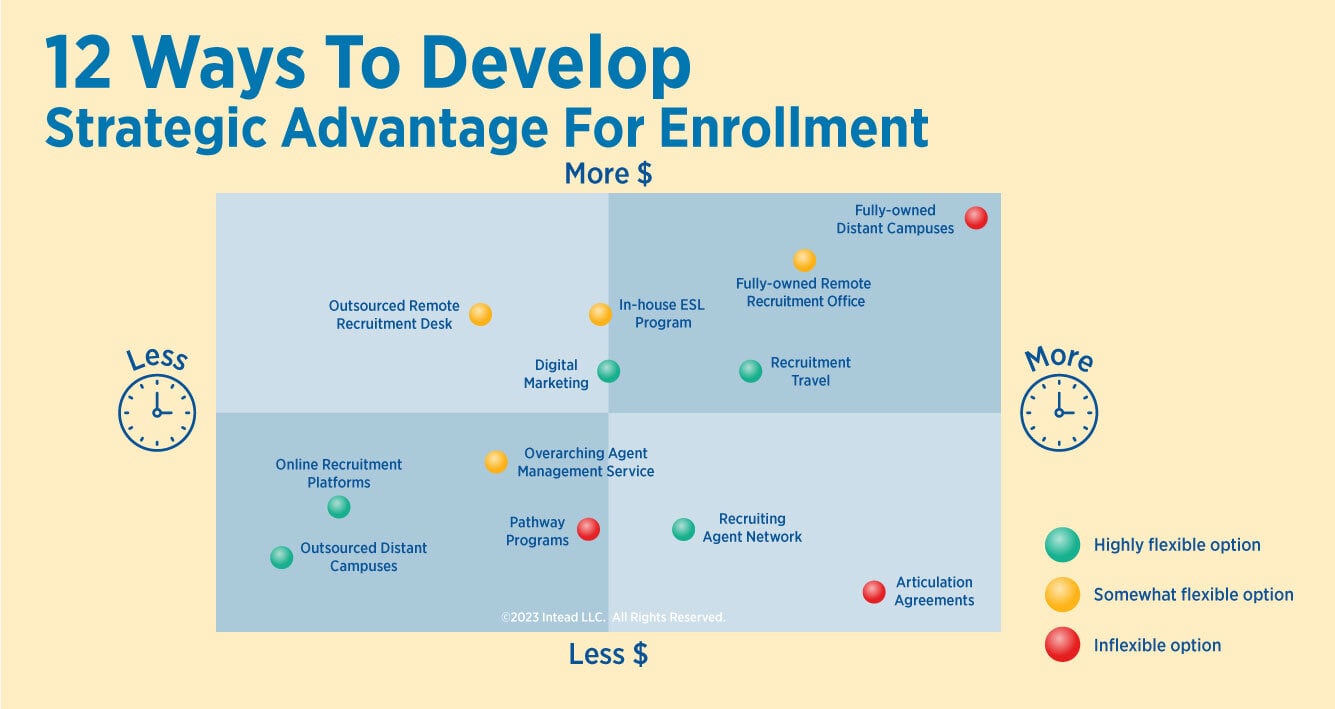Is it all about the enrollment numbers? Hitting “the number” is the driving force behind so much effort. So much pressure. A growing number of US universities now use education agents. And now, more universities are evaluating agent aggregators. Many have contracts in place with aggregators already and we hope those early adopters take a squinty-eyed, very close look at the results of those contracts.
How many applications? How many enrolled? And the quality of those students throughout the process. Are they succeeding academically?
If you are not familiar, check out our post and a recent (Dec 2022) lively ICEF panel discussion here. Hitting you in the face is a changing student landscape, the pressure to hit your enrollment number, and the agent aggregators who may be able to help, and quickly. Also in your face: the question of trust and integrity.
Some institutions have a hard enough time outsourcing their recruitment to individual agents, even those with third-party accreditation like AIRC. And beyond education agents who also use subagents, agent aggregators are farming out recruitment processes on a massive scale around the world using online platforms to scale the work rapidly. Questions arise as to how well any particular subagent is familiar with your institution, much less whether they are vetted for integrity.
Smart institutions want to know who’s representing their brand on their behalf. Fact: there’s just not enough transparency right now in this student recruitment system.
To be clear, we are in favor of agents. Human agents with whom you can connect directly, vet their talent, train, and guide. Intead has been a strategic partner to AIRC for more than a decade and our team fully supports ICEF’s efforts to bring enrollment leaders together with education agents from around the world. Both organizations push for clearly articulated best practices.
For more insights, check out our webinar with AIRC about the State of the Field. Our Intead Plus subscribers also have access to our ebook on University-Agent Partnership Trend Data and our Agent Management ebook all in our resource library available to all.
What we all know is that the system is less than perfect and students lose out when universities and agents are not doing their jobs with integrity.
Education agents, when brought into the fold as a partner, can be incredibly valuable. The key: partnerships, as in humans supporting other humans.
Like any relationship, a meaningful partnership is built not bought. Is this even possible with the aggregator trend? Scale brings problems and when folks are lazy (and human beings tend to be), scale can bring disaster.
Look at the agent aggregator model from a simple business process point of view. If a company has 7,000 vetted partner sales offices, that company would need a robust credentialing team to monitor and control for quality. They would have a defined process for maintaining a certain quality of sales office staff hiring, training, work processes, and regular review of results delivered. Consider the level of effort hospitals go through to confirm the credentials and qualifications of their clinicians and physicians who have admitting privileges.
As you consider signing up with an agent aggregator, we highly recommend you ask tough questions about their staffing process, the vetting, and the monitoring. For institutions sharing their brand reputation with these outsource partners, it is buyer beware. Like super beware.
If you are not finding the quality control measures in place on the agent aggregator’s side, that means the quality control must be staffed on your side. Which then starts to beg the question: what are you paying for? Answer: the broad, global connection network. Keep in mind, that is something you can develop yourself in a way that is more targeted and more sustainable over the long term. Many institutions with thousands of international students started that process years ago and rely on their network today.
Not sure how to evaluate or where to start? Drop us a note.
Some of these aggregators are growing fast and coming on strong. They are shaking up the education market and making trusted agencies nervous. There are simply too many subagents operating in anonymity. Anonymity creates opportunities for questionable behavior (and we are being nice with our choice of words here).
As we all broaden our scope to avoid the US domestic enrollment cliff and fold new target regions into our recruitment strategies, agents have an important role to play. Read on for 3 valuable tips on how to get the most out of this potentially beneficial partnership. Hint: it all comes back to developing trusting relationships with fellow, reliable humans.
Read More

